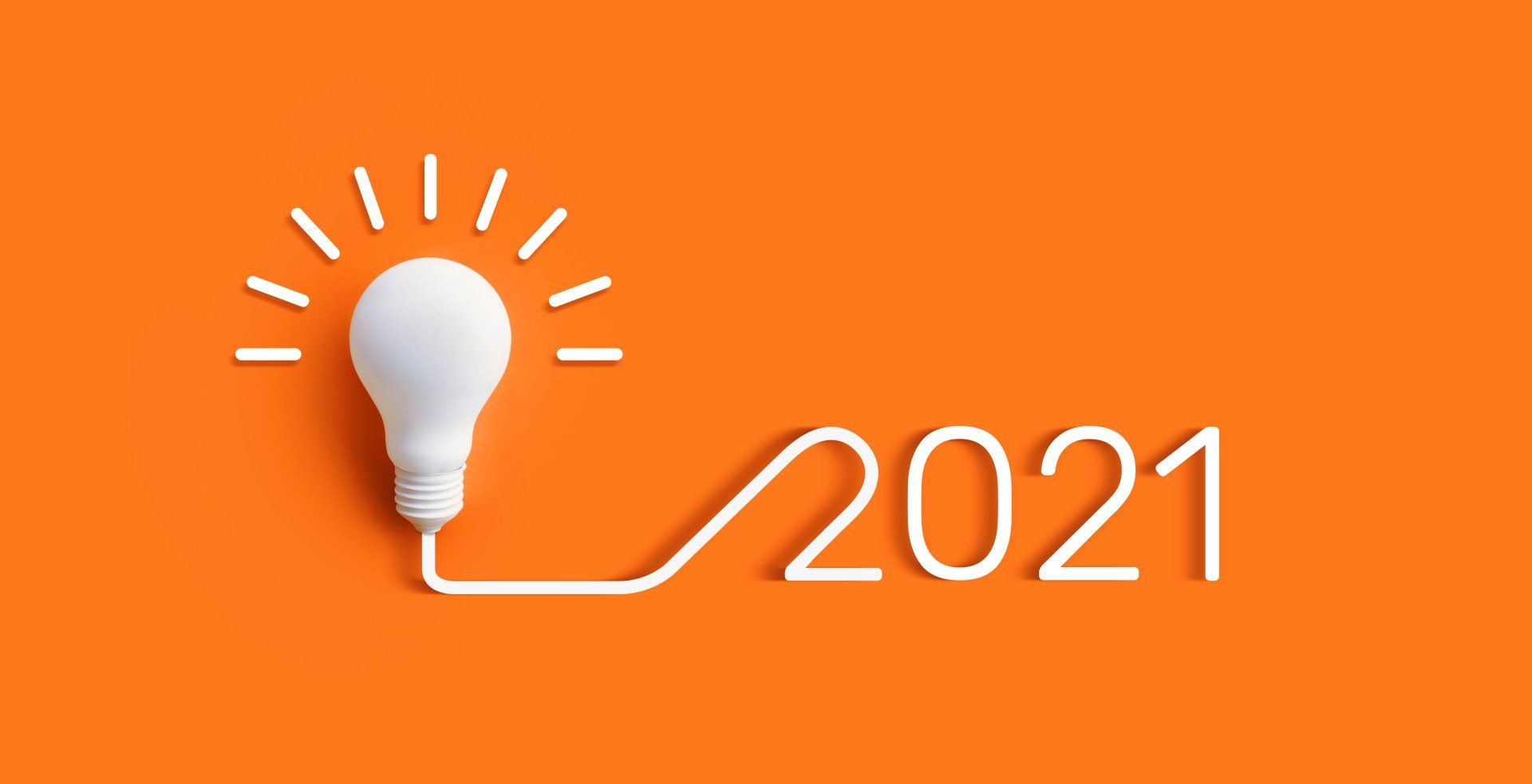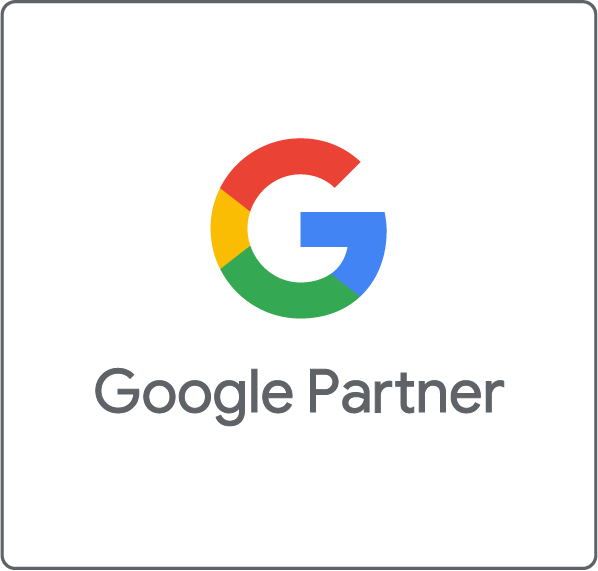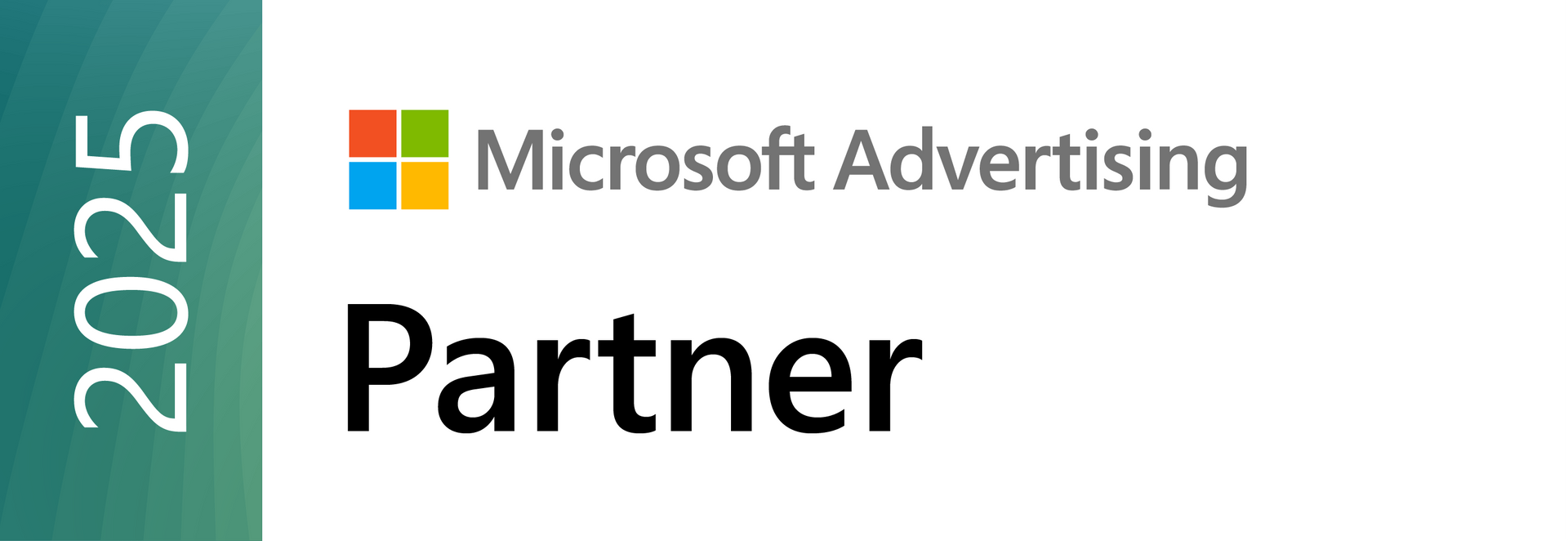A new year brings new trends to the digital marketing space. Innovation in varying platforms and technology is held to high regard and allows new opportunities in the industry to be identified and implemented. Here are some recommendations on practical trends to take advantage of in 2021.
Assessing machine learning optimisation for paid search
Machine learning is a fundamental part of organic and paid search, especially Google Ads. Consumers are becoming increasingly demanding, curious, and attentive to machine learning that produces insincere or robotic ads. While they expect ads that are personalised and helpful, it isn't always easy. Responsive search ads enable businesses to deliver valuable ads that are relevant to consumers.
By providing 15 headlines and up to 4 description lines, Google Ads test varying combinations on how each search query performs. Those who use machine learning to test multiple creatives generate over 15% more interactions than those who don't.
Smart bidding can be highly beneficial to a campaign performance if monitored and assessed regularly. In contrast, Smart Campaigns simplify campaigns creation and delivery without requiring much input or expertise from the advertiser. Unfortunately, these campaigns lack control in campaign design, as well as reduced insight. Our advice would be to proceed with caution with any automated strategy, welcome machine learning, and strive to understand it.
As ad platforms develop, optimisation testing becomes more sophisticated
Platforms like Facebook and Google are fundamental to understand and optimise, especially since they own more than two-thirds of that spent on digital advertising.
Strive to understand desktop and mobile interfaces, and aim to optimise based on this. Utilise creative optimisation and attribution to analyse ways in which customer journeys across platforms can be targeted and optimised.
Work on distributing content across platforms in a way that's easy to access, and in a variety of platform features or placements. Use Facebook ad customisation, and discuss distributing content on Facebook News Feeds, articles, and transitioning to Instagram Reels and Stories.
Since there is no current advertising feature on Instagram Reels, publishers, advertisers, and agencies gain exclusive access to a newsletter with Reel trends, and a promise that there will soon be a branded content tag feature.
Effects of consumer privacy on the effectiveness of advertising
Following the General Data Protection Regulation (GDPR), consumer privacy laws have seen standoffs between large digital platforms. While the GDPR was significant in enforcing transparency alongside consumer privacy discussions, change is still brewing amongst Apple's impact of tracking options. While Google Chrome still aims to protect user privacy while protecting the interests of advertisers, it seems Apple has done the opposite.
During the launch of iOS 14, users will be given the option to opt-in, and discover the ways and apps in which they are being tracked and their data is collected. When apps are attempting to track across services, users will be able to decline requests by companies and websites. Users are allowed to refrain companies from distributing the data used to personally deliver advertisements to them. Facebook pixel events will be limited to 8 events per domain, so conversion events can be limited if you currently are using more than 8 events.
While it's great news for consumer privacy, it's harmful to apps like Google and Facebook, who make money via targeted advertising.
Visual and graphic design trends
Graphic and visual design trends can impact the preference for a brand, especially during a first impression. An outdated website is easily identifiable, especially those that refrain from using or identifying any recent web or visual design trends.
It's encouraged that new design technologies are implemented, as well as considering the popularity of visual design trends among sites visited by users. Some popular design trends include minimalist landing pages, branded animations, muted colour palettes, abstract illustrations, and simple but heavy fonts. Simple data visualisations in infographics, geometric shapes, flat icons, text-heavy videos, and classic serif fonts are also among popular 2021 design trends.
Interactive design to raise conversion
Marketers should employ interactive design techniques to keep up with current market trends and increase conversion.
Animated illustrations add a human feel to infographics and digital product design. They're strong attention grabbers and add extra personality, prompting users to interact.
Micro-interactions, like Facebook's 'like' feature, are so embedded and natural to the interface that it makes no sense to get rid of them. Micro-interactions can make a huge impact and creating them can greatly improve user experience.
Three dimensional or 3D graphics surround video games, movies, and street adverts. Improvement in technology allows designers to create graphics into modern mobile and web interfaces. Creating render models makes products appear more engaging and interactive, despite how much skill they require to achieve.
Other interactive design trends include augmented reality, asymmetric layouts, and interactive video.
Omnichannel and social commerce
Social commerce continues to boom, especially since the introduction of Instagram's shop feature in a recent update. With over 40% of merchants using social media like Instagram to sell their products and generate sales, it's no wonder social commerce is expected to increase in popularity.
With 1 in 4 business operators selling through Facebook, 87% of online shoppers praising social media for their purchasing decisions, and 30% of consumers purchasing directly through these platforms, the rise of social commerce is no surprise.
Social media such as Facebook marketplace allows businesses to improve communications with consumers, thus increasing advocacy and customer loyalty.
Email personalisation through segmentation
Delivering personalised email content has now become a way to deliver relevant content and communicate with consumers. Using mail automation techniques and welcome sequences are nothing new, but they do highlight the importance of increased integration between channels. Known as lifecycle email marketing, it illustrates how email performs better when integrated with web, social media, and personal advertisements. For example, automation of ten lifecycle campaigns in Nike Hong Kong improved targeted website visits by 32.5%, and automation revenue by 110%.
Supporting digital transformation
Digital marketing research can reveal many challenges in companies today. Integrated strategy and testing focus may be low, and lack of integrated communication skills can impact company success. To combat this, many companies are implementing a digital transformation program. Businesses aim to make the most of the multitude of opportunities digital marketing presents. This is done by aiming to improve digital capabilities, as well as integrating on-brand digital marketing activities.
If your are looking to transform your business this year, get in touch with our team. We provide an holistic approach, and can help review your business' strategy. Our team can help identify and prioritise key channels best suited to achieve your goals across the spectrum of digital marketing activities (email marketing and analytics, content marketing, search, social, paid advertising, web design, and more).
About PupDigital
PupDigital have your digital marketing needs covered. From online advertising to website design, we can help. Based in Canberra, servicing the world with quality, down to earth digital marketing services.
Subscribe
Enter your email below and we will keep you up to date on the latest insights into our world of digital marketing.
Contact Us
Thanks, we promise your data is safe and we will never spam you.
Please try again later.
You might also like

PupDigital have your digital marketing needs covered. From Google Ads and Meta Ads to website design, we can help.
Based in Canberra, servicing Australia with quality, down-to-earth digital marketing services. We don't outsource anything and our directors work closely alongside our team to ensure our clients receive the best service and results.
PupDigital acknowledges the Ngunnawal people as the Traditional Owners of the land we work and live on, and Traditional Owners across Australia. We respect their culture, connections to land, water, and community, and pay respect to Elders past, present, and emerging.
Quick Links
Services
Google Advertising
Facebook Advertising
Linkedin Advertising
Instagram Advertising
Social Media Content
Web Design
Graphic Design
Sales Funnel Strategy
Email Marketing
Copywriting
Podcast Advertising
SEO
All Rights Reserved | PupDigital | Privacy Policy







